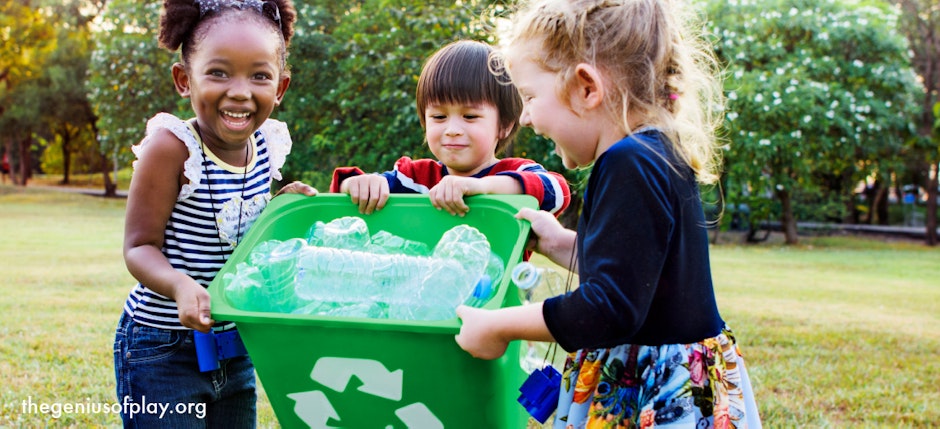Research reveals top concerns of kid consumers - here's why brands should care
The speed of change today is like nothing we have experienced before

Digitally enabled kids are learning, and expecting, to access what they want, when they want. Across the 22 countries The Insights Family now survey, 52% of three-to-five year olds have access to a tablet. 50% of tweens (aged 10-12) are watching videos on YouTube, while 31% use TikTok. As kids become more exposed to technology and social media, they are more likely to harbor concern for global issues. Globally, since the start of 2021, concerns about animal cruelty (+79%), gender equality (+38%), racism (+18%) and human rights issues (+42%) have all increased.
Across the world, kids’ voices are becoming stronger and more relevant. Parents and brands are listening to their opinions more and more. In the UK, the number of parents of kids aged one-to-16 who say that their kids influence their purchase decisions has increased across many different products. 35% of parents say their kids influence which tech devices they use themselves, whilst 33% say that their kids influence what clothes they wear. As kids have a bigger say over the family purse, it is important for brands to understand young consumers and engage with their values and interests.
Environmental concerns
An increasingly important concern among kids is climate change. It is occupying their conversations, their career aspirations and their attitudes towards the future. Among kids aged 10-18 in the UK, the environment is increasingly becoming a topic of conversation, with a quarter of this demographic naming climate change as a major concern, an increase of +11% over the last twelve months.
This is also the case among younger kids. 52% of kids aged six-to-nine in the UK say that they think about the effect of their actions on the environment. Kids from this demographic are +23% more likely to say that they influence their family’s outings than the average kid. This suggests that kids who are passionate about social issues are more vocal within the family dynamic. Building eco-friendly business strategies is therefore likely to resonate with kids and parents alike. By acknowledging and acting on sustainability, brands are likely to see an increase in brand advocacy whilst also saving the planet.
Is the value-action gap narrowing?
Though consumer attitudes towards the environment have shifted, are behaviors and consumption patterns changing to reflect these concerns? Or does a “value-action gap” still exist, where the consumers increasingly say they want brands that embrace purpose and sustainability?
The Insights Family’s real-time data portal shows a “value-action gap” between the attitudes and behaviors of kids when it comes to sustainability. One example is food purchases in 2021: 14% of kids globally considered the environment when choosing food and drinks - lower than the 22% who say they were concerned about the environment in general. This shows an 8% value-action gap, suggesting that concern does not directly translate into action. However, so far in 2022 the value-action gap has shrunk to 5%. This suggests that kids are becoming more likely to make purchases in line with their values.
The news surrounding Love Island’s partnership with eBay for the latest series was of particular interest for us. The TV show is renowned for setting fashion trends, particularly among younger audiences who look to fast-fashion brands to purchase outfits that they have seen on their screens. Following the recent partnership with eBay, ITV has announced that contestants on the reality TV show will now be wearing second-hand clothes, in order to promote reusing clothes and encourage sustainable purchasing. The company has said that it hopes to combat a disposable attitude to fashion which some past contestants have been criticized for promoting.
The Insights Family’s real-time data portal suggests that this will be a particularly strong move for the show. Love Island is currently the #21 favorite TV show for kids aged nine-to-18 in the UK (2.9%). These fans are +11% more likely than average to strongly agree that it is important for the products they buy to have eco-friendly credentials and also +9% more likely to shop online than the average kid. eBay currently ranks as the second favorite online shop of kids aged three-to-18 in the UK. Fans of eBay among this age group are +56% more likely to like Love Island, demonstrating a crossover in audience. This suggests that the partnership could encourage more viewers to look to resale sites to find pre-loved items and follow the sustainable living trend.

